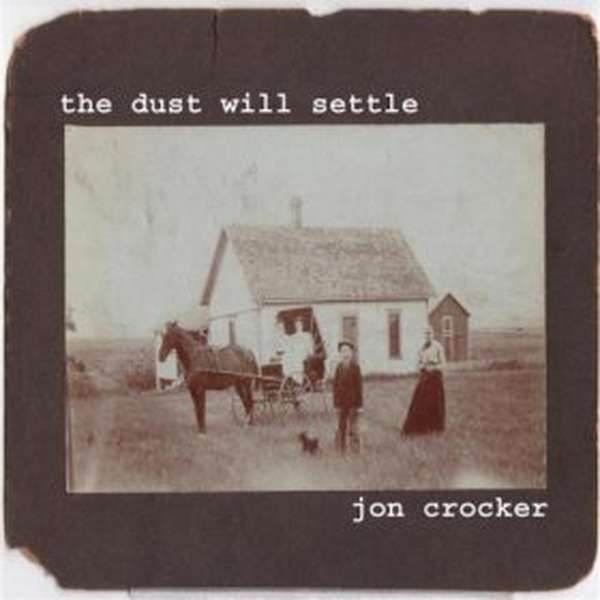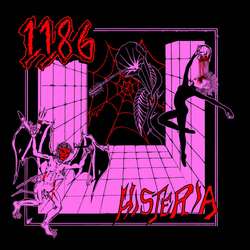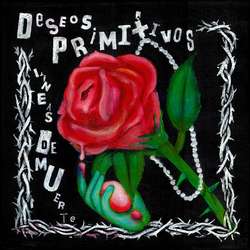After his thorough touring of each continental U.S. state (and several abroad) in an apparent effort to sate a sort of Sal Paradisian wanderlust, it is not difficult to begin to mythologize Jon Crocker's career and sonic development. It's interesting then, how nearly every red-meat note and yellow-cheeked syllable Crocker delivers manages to feel so innocuous, while still maintaining its vitality, remaining firmly rooted in the balladry of lower-middle-class Americana.
In the same vein as Peter Case and Richie Havens, or more recently David Dondero and Willy Mason, Crocker's lyrics have largely been informed by the unfolding of his setting, and the environmental and sociological development therein. Lines like "Watching the fireworks at the county fair, you were there, oh that might have been, the best day of my life" cultivate an almost tangible sense of small-town sincerity, while reinforcing the singer's charismatic wide-eyed wonder at his capacity for sincere artist/viewer interaction. Like Delillo said of his first novel, Crocker aims to create a private declaration of his independence, a statement of his intention to use the whole picture, the whole culture, and carry that toward his audience.
And, for the most part, Crocker is effective on this front. He does slip up, with an occasional tired line ("I've been meaning to make it all alright, but it's not as easy as I thought"), and, at times, tiptoes toward self-indulgency. Tracks like "I Just Can't Say No" mourn his concession to the lifestyle of a traveling musician, while the album's title track purrs on for at least six minutes longer than necessary - both feel gratuitous, and they serve only to belie the staggering vulnerability of the rest of the album.
Still, the record stands firmly as a significant achievement for the modern Americana genre, and showcases a talent that has the ability to hold his own among the most central of our contemporary bards.



